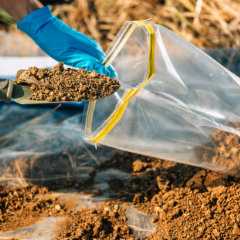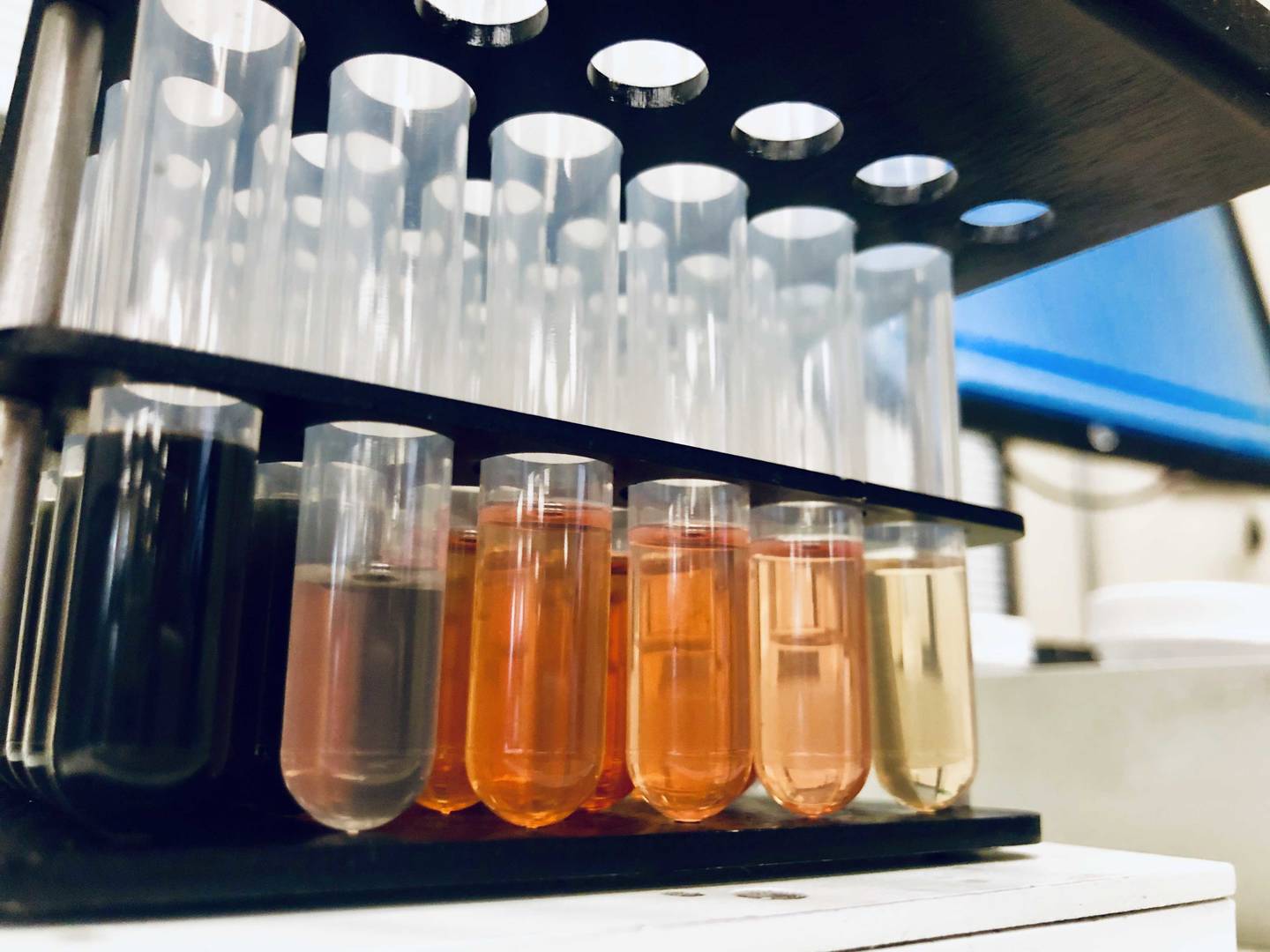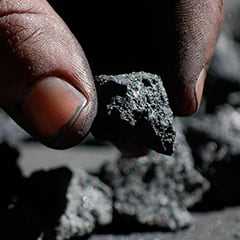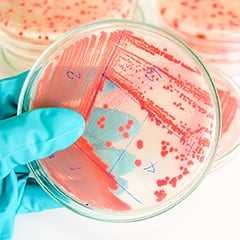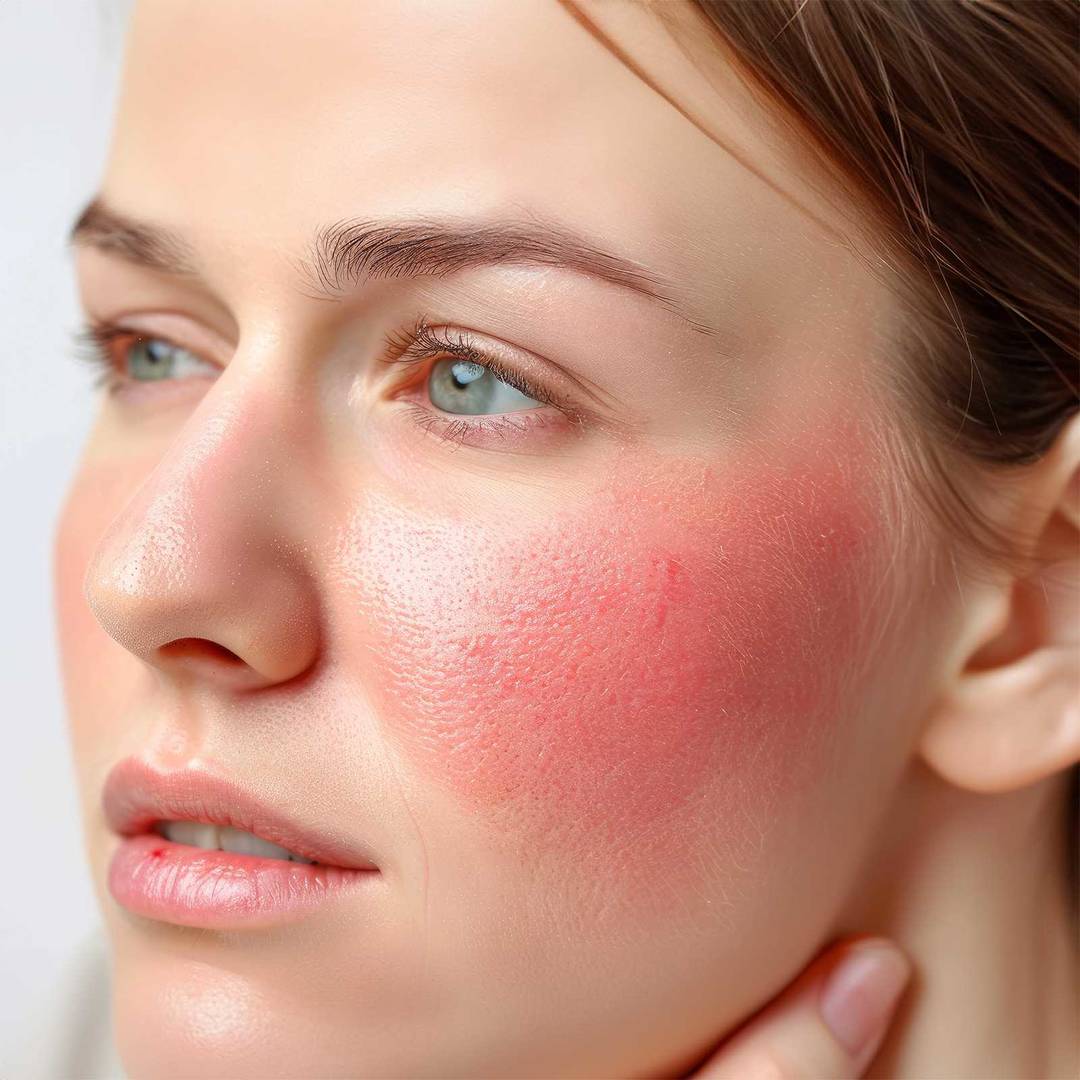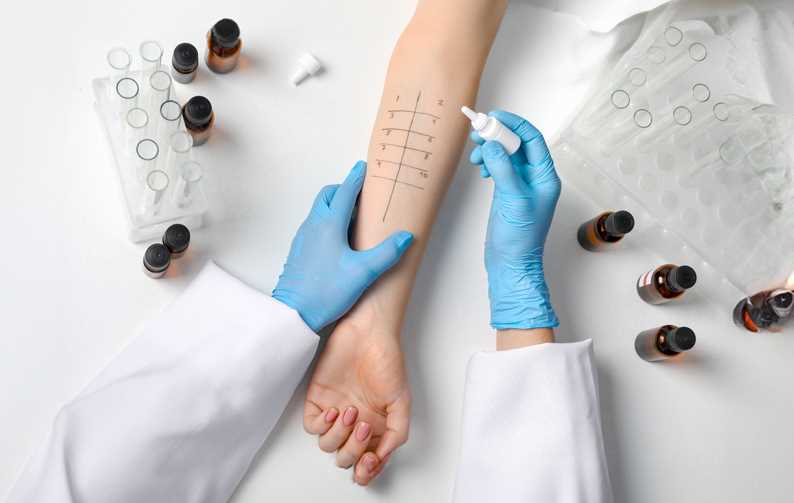Collaboration between ALS and UNICAMP (State University of Campinas) presents a precise approach for assessing Actinic Keratosis
The new tool was published in the Frontiers Journal and presented during the 34th IFSCC Congress Brazil

ALS offered its entire structure and technological park to conduct a clinical study carried out in partnership with UNICAMP (State University of Campinas) for the early diagnosis and treatment of Actinic Keratosis (AK). The study is part of the Doctorate of Lucas Guerra, Director of ALS, under the guidance of Prof Dr. Gislaine Leonardi of UNICAMP. Part of the study was recently published in the scientific journal Frontiers Journal and other results related to the early diagnosis of AK were presented during the 34th IFSCC Congress Brazil, held between October 14th and 17th. The congress brought together influential global leaders, scientists, and beauty industry professionals to discuss innovative solutions that will shape the future of personal care.
The study, which also included collaborators from the ALS technical team - Janaina Cortinoz, Louise Vasques and Ana Carolina Santos - presents a scoring scale to assess the severity and spread of the subclinical attributes of Actinic Keratosis (AK) by means of images, showing a significant correlation with clinical grading. The new photographic scale offers an accurate and comprehensive approach to identifying and assessing AK by Confocal Microscopy, allowing for an increase in diagnostic accuracy, with support for more effective treatments that help prevent recurrence.
Definition and Features
- Actinic keratosis (AK): A precancerous lesion characterized by small, irregular, rough skin lesions, usually in sun-exposed areas.
- Risk of Progression: Between 40% and 60% of squamous cell carcinomas start from untreated keratoses.
Diagnosis
- Diagnostic Methods: Clinical examination, dermoscopy, Confocal Reflectance Microscopy (RCM) and optical coherence tomography.
- Importance of Early Diagnosis: Early identification can prevent transformation into skin cancer and subsequent complications.
Treatments
- Lesion-Directed Therapies: For individual AKs.
- Field-Directed Therapies: For multiple AKs in an area, including FDA-approved topical agents such as 5-fluorouracil, imiquimod, diclofenac, tirbanibulin, and photodynamic therapy.
- Adverse Effects: These range from mild local reactions to more severe systemic reactions.
Photographic Scale Validation Study
- Treatment with Retinoic Acid: Topical treatment with 0.1% retinoic acid showed great improvement in the attributes of AK, validating the proposed scale.
- Results: The treatment group had lower scores compared to the placebo group, highlighting the repeatability and efficacy of the scale.
Treatments
Photographic Scale Based on Confocal Reflectance Microscopy (RCM): Developed to aid in the early diagnosis and quantitative identification of cell transformation characteristics in skin lesions.
- Advanced Diagnostic Tool: The scale helps to accurately identify the characteristics and severity of AK, allowing for early diagnosis and effective treatment assessment.
- Proven Accuracy: Validated with twenty-one subjects, the tool has high repeatability and strong correlation with clinical assessments
- Effective Treatment Monitoring: Significant improvements were seen in subjects treated with retinoic acid, demonstrating the tool's ability to differentiate treatment results.
CLICK HERE AND READ THE FULL ARTICLE PUBLISHED IN FRONTIERS JOURNAL
Actinic Keratosis is a significant condition due to its potential for progression to Skin Cancer. Early diagnosis and proper treatment are crucial to prevent serious complications. The use of advanced tools such as RCM can improve diagnostic accuracy and treatment efficacy.
Learn how ALS's team of scientists can revolutionize the diagnosis and treatment of Actinic Keratosis by combining it with clinical efficacy trials in skin care products. Send an email to beauty.usa@alsglobal.com


